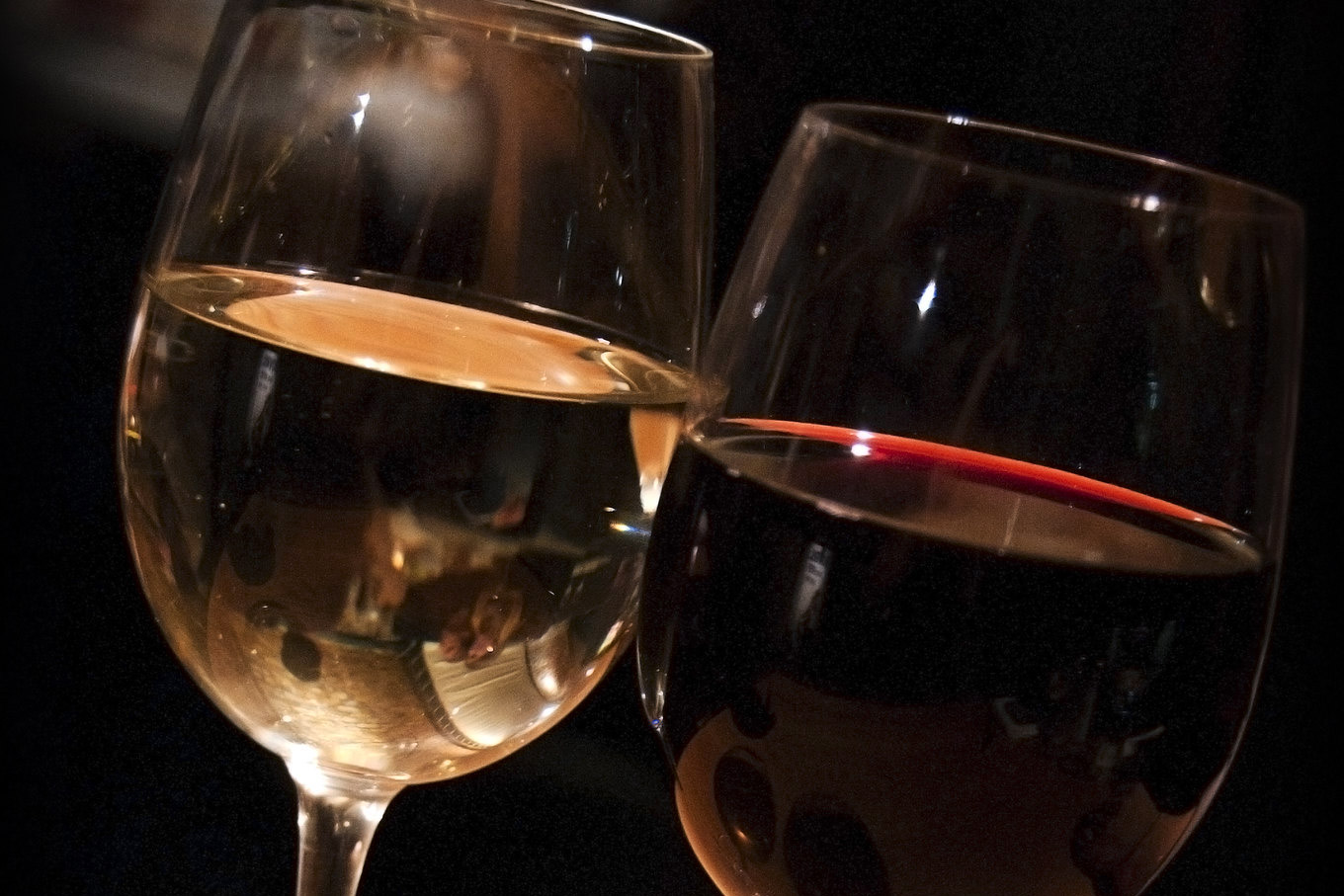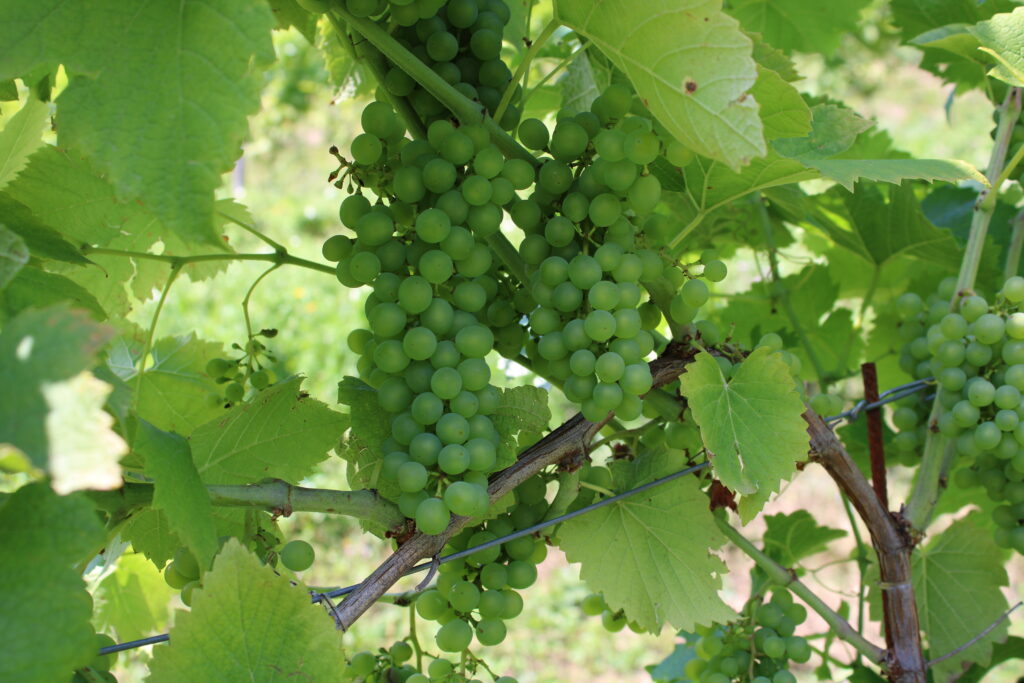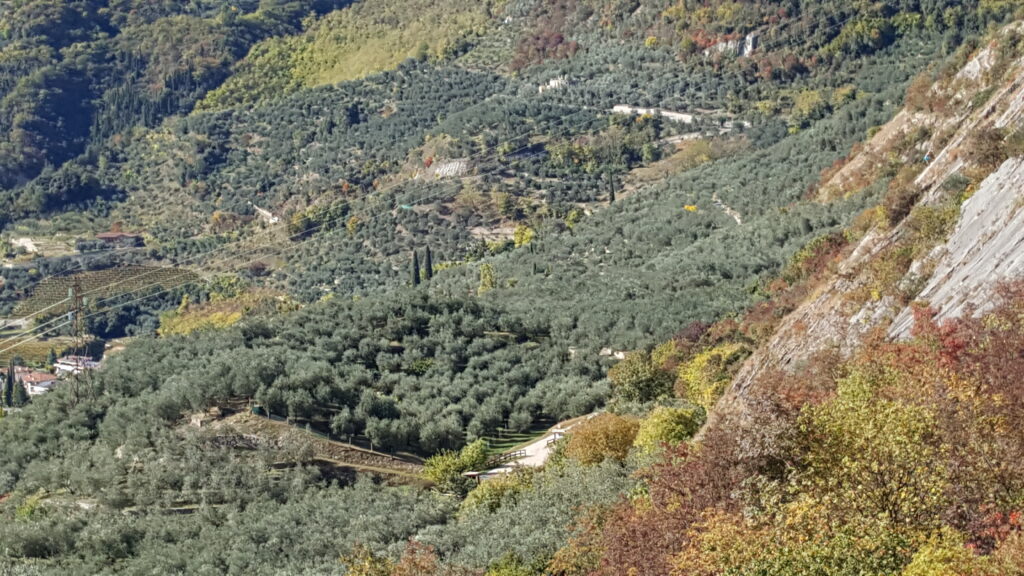Special TV episode!
On 22 February, an episode of Geo was broadcast on Valle di Ledro, director Ludovica Scandurra.
We believe in the land where we live, in the traditions handed down from family to family, in the natural and cultural heritage that surrounds us. We are happy to have the chance to tell the story and products of our family farm, collaborating with others around us.
Here the link, to discover our small oasi situated between Dolmites and Garda Lake :
https://www.raiplay.it/video/2023/02/La-valle-di-Ledro—Geo-22022023-c4f38e14-2e8e-4ccd-a9d9-d06a1eb426f2.html
What do you think about it? Leave a comment to let us know if you liked it!
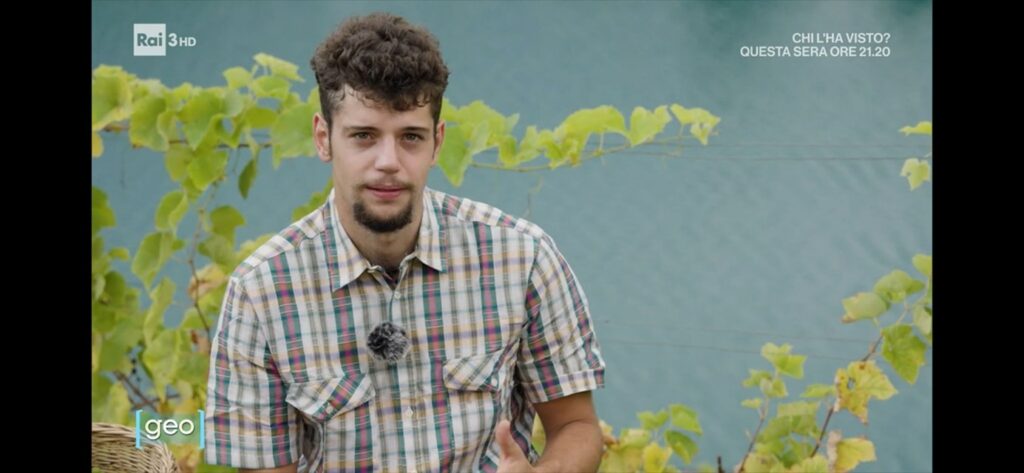
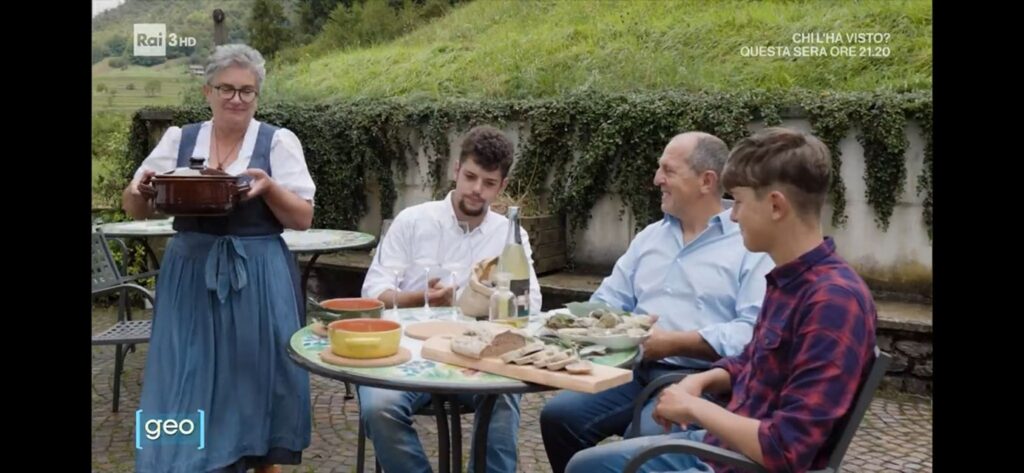
VINIFERA – TRENTO
25-27 march 2023
At the end of march we participated for the first time inVINIFERA – la mostra mercato (fifht edition) dedicated to the custodians of the Alpine arc, winegrowers and artisans of taste who work on the peaks and slopes of this majestic mountain range, Italian and foreign.
Many people tasted our wines and our olive patè
Crùn, the sparkling wine from Solaris grapes was appreciated for its aromas and the peculiarity of having yeast at the bottom of the bottle . Of course, the other products were also successful.
We got to know new wineries, tasted their wines and met those we already knew, it was an intense but rewarding weekend!
Super recommended for the 2024 edition!
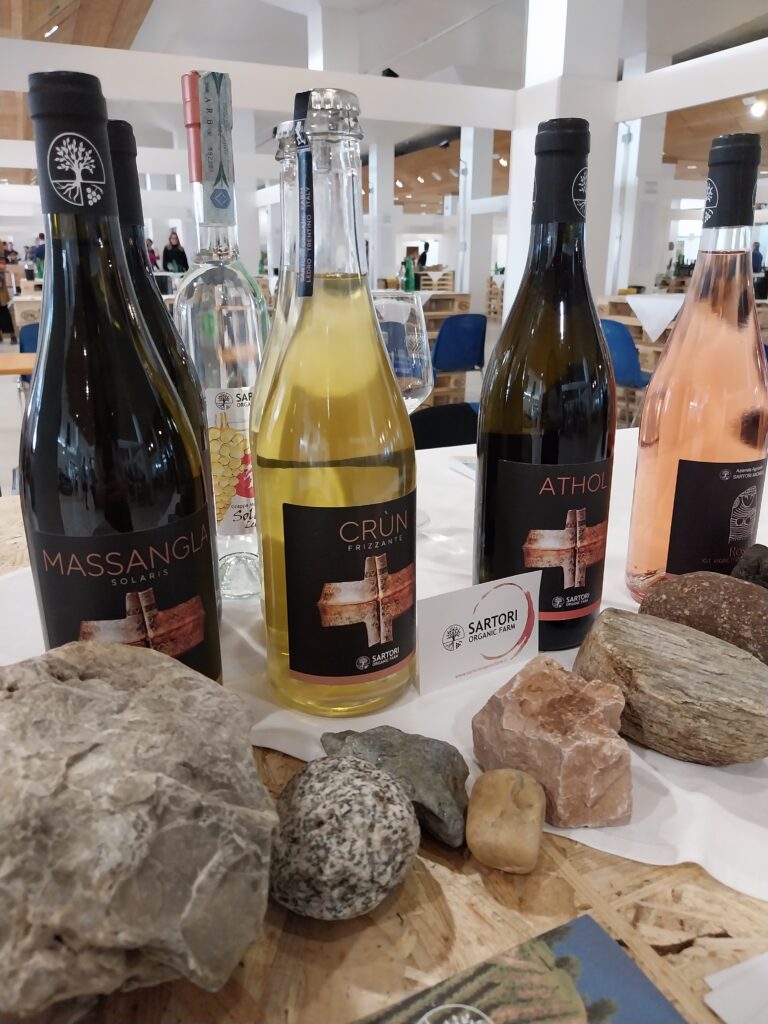
AMAZING DRONE PHOTOGRAPHY
work inprogress, come back again for the new article we are writing


“in vino veritas”, is that true?
LEARN HOW TO FLY A DRONE
Marco graduated at the E. Mach Istituto Agrario of San Michele all’Adige after following the study path Environment and Forestry Management Many experience and research opportunities. Among them also the video below, Marco is starring with his class mates, they realized it in oder to promote the use of drones in agriculture. Watch it and tell us what you think about it! We would like to discuss about the opportunities offered by the technological modern devices for a traditional, organic and respectful farming.
PIWI PHILOSOPHY
Love for the historical background
To understand and read a territory means to imagine how our ancestors used to live and what they used to do in the same places that we cultivate and frequent nowadays. The history of the Valle di Ledro, although isolated and suspended between Lake Garda in the East and Lake Idro in the West, dates back to the Middle Stone Age. The mountains, and specially the most comfortable passes provided with water, were seasonally visited probably by hunters and shepherds. We have the evidence of manufactured flint tools in the area of Tremalzo (1770 m. above the sea level. Nevertheless it is the pile dwelling site, a Unesco world heritage, that was discovered on the Lake Ledro shore that can tell us so much about the living of our ancestors during the bronze Age because of the truly rich variety of objects and materials found. For many centuries, roughly between the 22nd and the 13th centuries b.C, a human enterprising community lived on the lake’s shore in stilt houses performing many activities, farming and also commercial exchange in form of barter. There were not so many suitable fertile grounds, but farming was one of the most important activities. Among the many interesting archaeological finds we also have vine seeds. And growing mountain suitable grape sorts is now the mission of our farming activity. The Pile Dwelling Museum on Lake Ledro is for sure worth a visit. May-be you can also join a guided visit or activity. Go to the web site http://www.palafitteledro.it
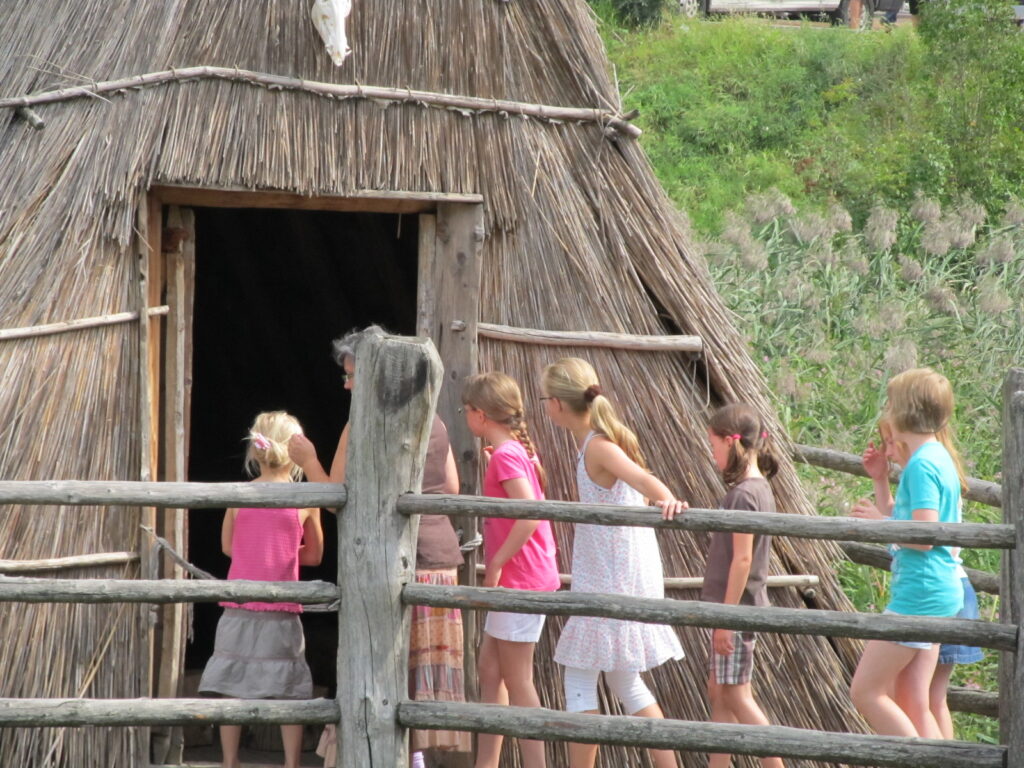
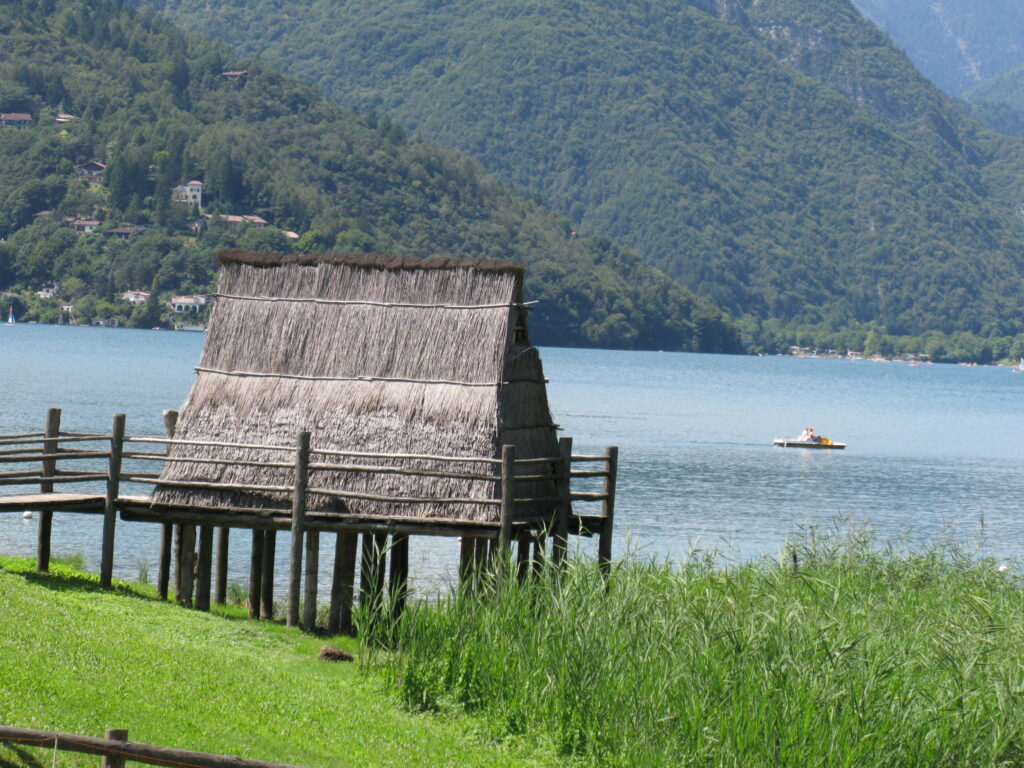
What a wonderful world!
In these Blog pages we collect some news and curiosities about our business and our land. Your comments and inquiries are welcome. It is often precisely to respond to the curiosity of our visitors that we are stimulated to document ourselves and to look at what surrounds us with new eyes. Maybe those who visit this site do not know, but the place where we live between Lake Garda and the Brenta Dolomites has been a UNESCO Biosphere Reserve since 2015, according to the Man and Biosphere program. The area where we have our olive trees on Monte Baone, in the Municipality of Arco (TN), is characterized by poor soil but is kissed by an almost Mediterranean climate. Defended by the colder currents these steep slopes have however been cultivated for centuries, with a lot of dedication and manual work. The land is supported by a quantity of precious dry stone walls which are a habitat in their own right and guarantee great biodiversity

